 Mac users have been complaining about receiving pop-ups claiming that there has been a security breach.
Mac users have been complaining about receiving pop-ups claiming that there has been a security breach.
The pop-up may be saying something like “APPLE SECURITY BREACH” and may be promoting a specific phone number. This behavior is typical for tech support scams which attempt to trick the user into performing certain actions in order to solve an issue.
In this case, the alleged issue is a security breach. In fact, the only issue here is the pop-up itself, and anything it claims should be disregarded. Instead, you may want to check your operating system for potentially unwanted applications (PUAs).
There is a surge in unwanted applications targeting macOS, and you should be aware of the risks lurking online. After all, no computer system is safe against “viruses”, macOS included.
This article presents information on the “APPLE SECURITY BREACH” tech support scam, and may be able to help you to remove the scam. Another scam, similar to “APPLE SECURITY BREACH“, is the “Contact Support“.

Threat Summary
| Name | APPLE SECURITY BREACH |
| Type | Technical Support Scam, Rogue Program |
| Short Description | A message that suddenly interrupts your browsing to alert you about a security breach. |
| Symptoms | A dialog box may appear in the browser. It may restrict your access to other web pages, also claiming that you need to remove supposed issues detected on your system. |
| Distribution Method | Software bundles, Infected web pages |
| Detection Tool |
See If Your System Has Been Affected by malware
Combo Cleaner
Malware Removal Tool
|
User Experience | Join Our Forum to Discuss APPLE SECURITY BREACH. |

“APPLE SECURITY BREACH” Pop-Up Scam – How Did It Affect Me?
Usually, tech support scams stem from suspicious domains such as Apple.com-mac-optimizing.live. It is unclear what domain is spreading the “APPLE SECURITY BREACH” scam. It is also possible that the pop-up message is triggered by a potentially unwanted program (PUA), or a suspivious website you have recently visited.
It should be noted that even legitimate websites can be compromised to contain malicious code that causes redirects and triggers tech support scam messages and fake virus alerts.
NOTE. Did you know that fake virus and breach alerts such as “APPLE SECURITY BREACH” are often promoting rogue programs. To make things more complicated, rogue programs may be triggering the pop-ups as well. To put things in other words, another distribution channel that may be spreading the security breach message is through a rogue program. This could be an example of the so-called bundling method, in which legitimate software is installed together with third-party utilities, usually classified as PUAs. The bundling of software is done for monetization purposes, and is mostly popular among developers of adware.
That being said, the PUA that may be causing “APPLE SECURITY BREACH” is most likely ad-supported as well. Adware, which can be anything from a browser add-on or extension to a PUP, compromises commonly used web browsers by tweaking their settings and displaying plenty of advertisements, redirects and push notifications.
In the case of “APPLE SECURITY BREACH” pop-up warning, a specific program may be promoted as a solution to removing supposedly detected viruses, such as MacKeeper, Cleanup My Mac, and Qbit Mac Optimizer. If you call the supposedly toll free phone number (1-800-711-9001), the tech support scammer on the other side of the line may try to convince you to reveal your personal and payment information, and may trick you to buy and install one of the above-mentioned programs.
All these programs are usually promoted as system optimizers, that should detect and eliminate system issues. However, since these apps often land on Mac devices without users’ initial knowledge, they are generally classified as potentially unwanted applications (PUAs). Moreover, these programs are considered to be rogue system optimizers, as they detect non-existent issues in an attempt to trick you into purchasing their full versions. This scamming method has been around for many years and is also known as scareware.
To sum it up, “APPLE SECURITY BREACH” is a nagging scam message that presents false information in an attempt to obtain sensitive information from you, such as your payment card details. The pop-up may appear during browsing sessions in the form of a dialog box. Once on the screen, the message could prevent you from accessing opened web pages and loading new ones.

Remove APPLE SECURITY BREACH Pop-Up
In order to remove APPLE SECURITY BREACH scam message and all files that are causing it to appear in your browser, you should complete the steps described in the guide below the article. These steps provide both manual and automatic removal instructions that should be able to fix the issue for you.
Steps to Prepare Before Removal:
Before starting to follow the steps below, be advised that you should first do the following preparations:
- Backup your files in case the worst happens.
- Make sure to have a device with these instructions on standy.
- Arm yourself with patience.
- 1. Scan for Mac Malware
- 2. Uninstall Risky Apps
- 3. Clean Your Browsers
Step 1: Scan for and remove APPLE SECURITY BREACH files from your Mac
When you are facing problems on your Mac as a result of unwanted scripts and programs such as APPLE SECURITY BREACH, the recommended way of eliminating the threat is by using an anti-malware program. SpyHunter for Mac offers advanced security features along with other modules that will improve your Mac’s security and protect it in the future.
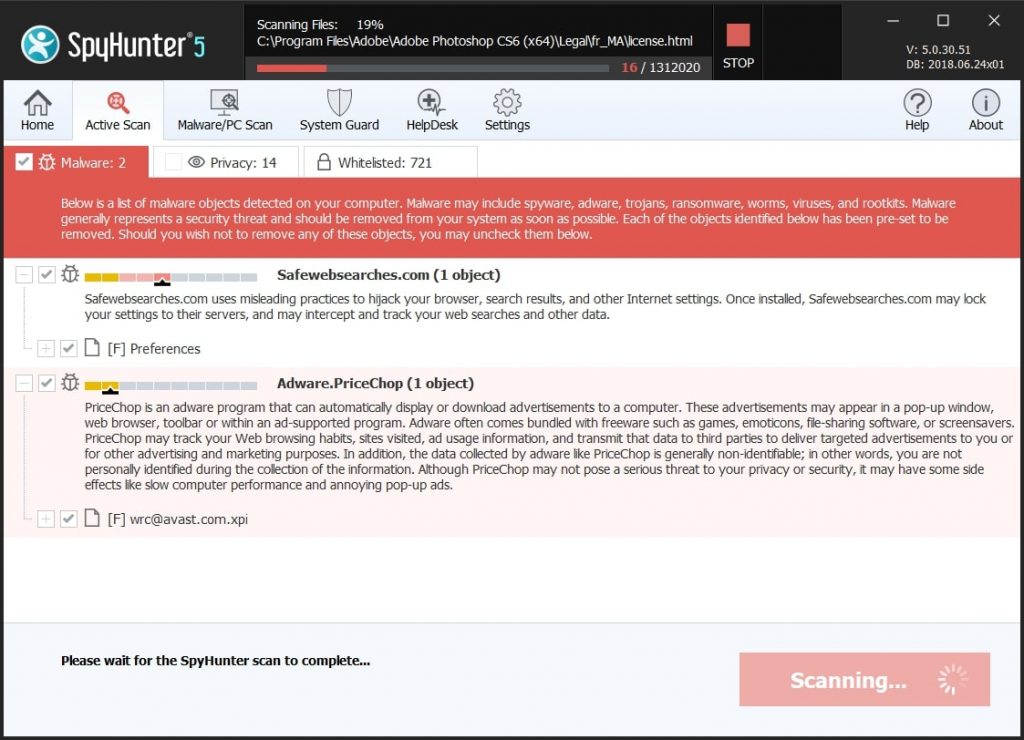
Quick and Easy Mac Malware Video Removal Guide
Bonus Step: How to Make Your Mac Run Faster?
Mac machines maintain probably the fastest operating system out there. Still, Macs do become slow and sluggish sometimes. The video guide below examines all of the possible problems that may lead to your Mac being slower than usual as well as all of the steps that can help you to speed up your Mac.
Step 2: Uninstall APPLE SECURITY BREACH and remove related files and objects
1. Hit the ⇧+⌘+U keys to open Utilities. Another way is to click on “Go” and then click “Utilities”, like the image below shows:
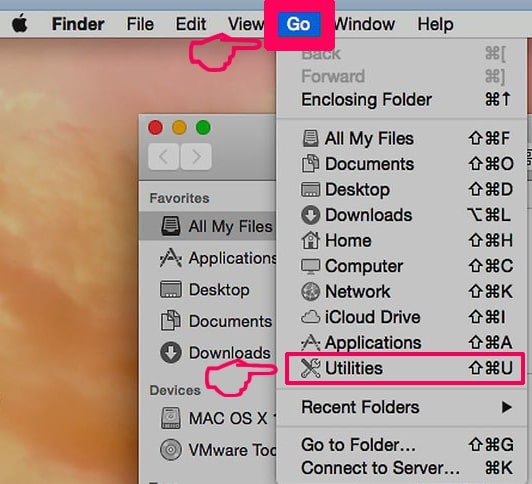
2. Find Activity Monitor and double-click it:
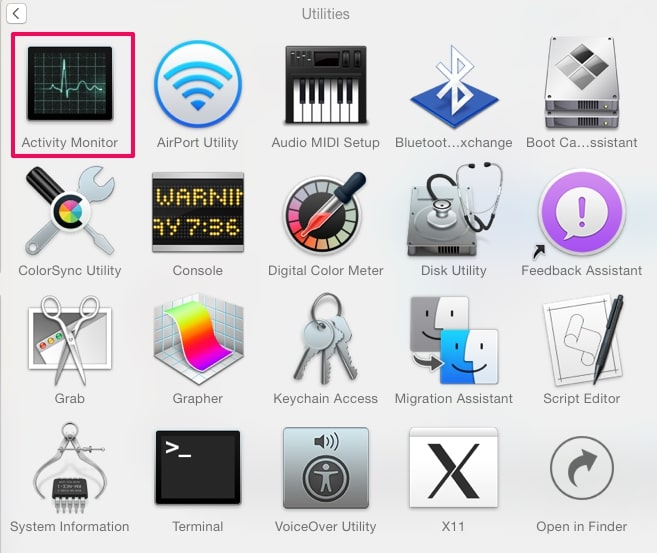
3. In the Activity Monitor look for any suspicious processes, belonging or related to APPLE SECURITY BREACH:
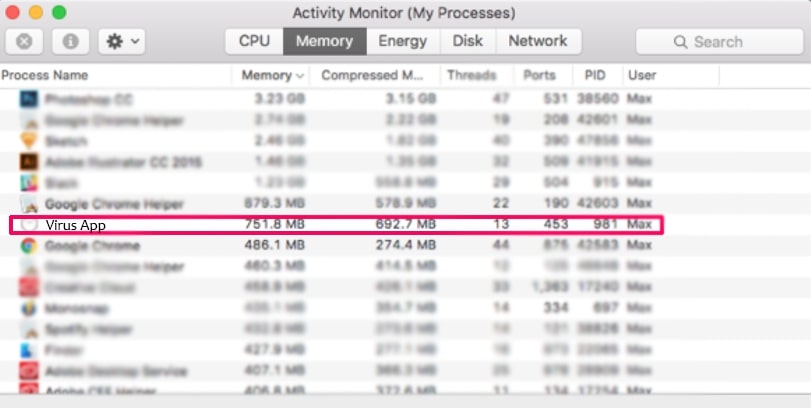
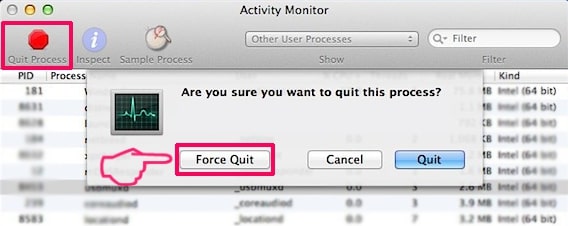
4. Click on the "Go" button again, but this time select Applications. Another way is with the ⇧+⌘+A buttons.
5. In the Applications menu, look for any suspicious app or an app with a name, similar or identical to APPLE SECURITY BREACH. If you find it, right-click on the app and select “Move to Trash”.
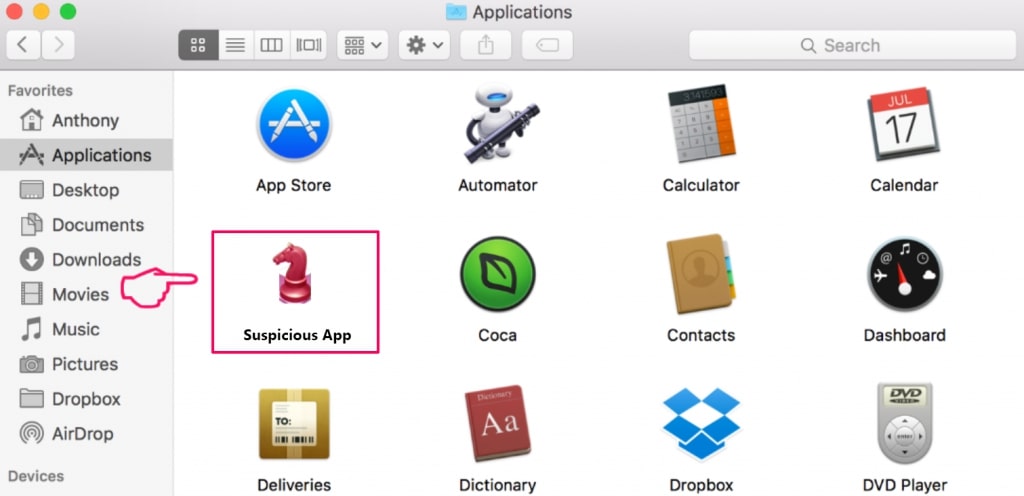
6. Select Accounts, after which click on the Login Items preference. Your Mac will then show you a list of items that start automatically when you log in. Look for any suspicious apps identical or similar to APPLE SECURITY BREACH. Check the app you want to stop from running automatically and then select on the Minus (“-“) icon to hide it.
7. Remove any leftover files that might be related to this threat manually by following the sub-steps below:
- Go to Finder.
- In the search bar type the name of the app that you want to remove.
- Above the search bar change the two drop down menus to “System Files” and “Are Included” so that you can see all of the files associated with the application you want to remove. Bear in mind that some of the files may not be related to the app so be very careful which files you delete.
- If all of the files are related, hold the ⌘+A buttons to select them and then drive them to “Trash”.
In case you cannot remove APPLE SECURITY BREACH via Step 1 above:
In case you cannot find the virus files and objects in your Applications or other places we have shown above, you can manually look for them in the Libraries of your Mac. But before doing this, please read the disclaimer below:
1. Click on "Go" and Then "Go to Folder" as shown underneath:
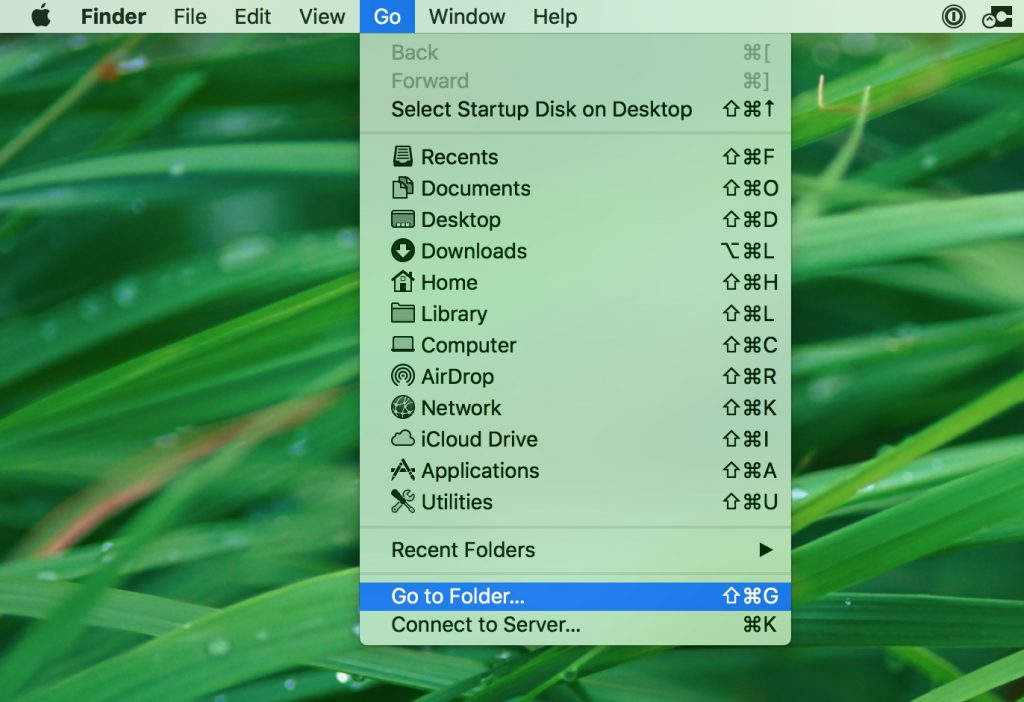
2. Type in "/Library/LauchAgents/" and click Ok:
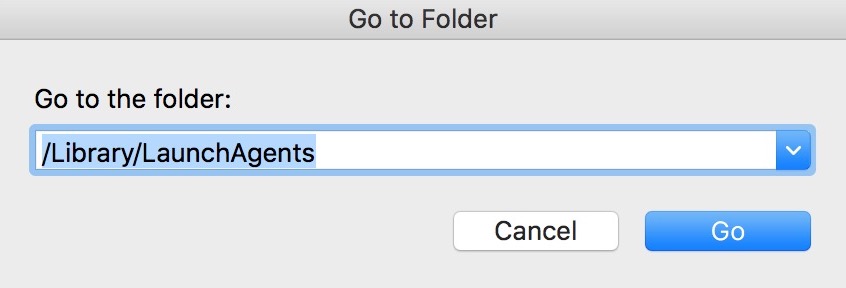
3. Delete all of the virus files that have similar or the same name as APPLE SECURITY BREACH. If you believe there is no such file, do not delete anything.
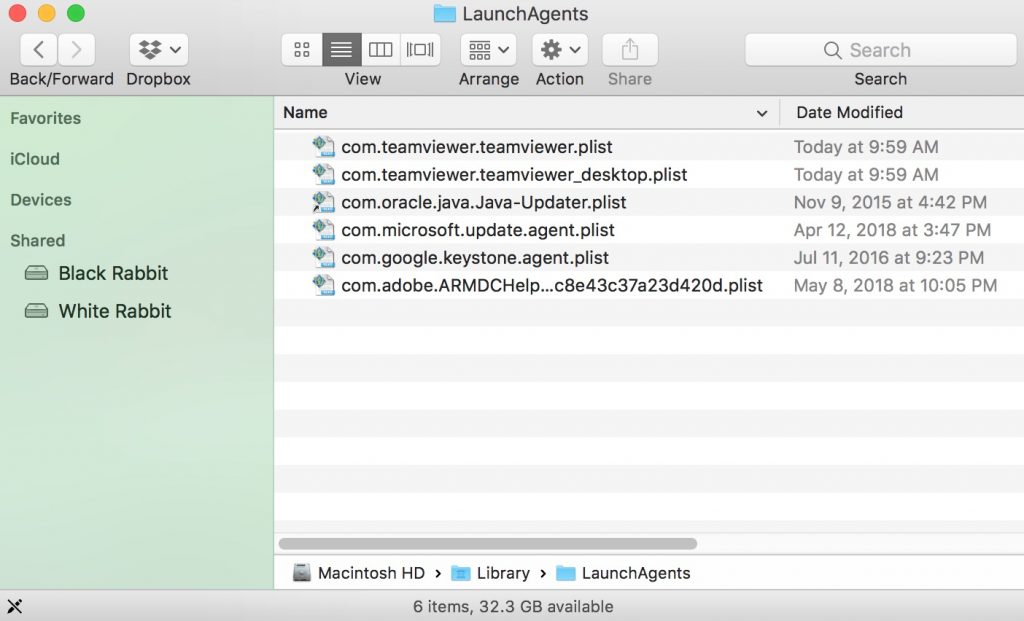
You can repeat the same procedure with the following other Library directories:
→ ~/Library/LaunchAgents
/Library/LaunchDaemons
Tip: ~ is there on purpose, because it leads to more LaunchAgents.
Step 3: Remove APPLE SECURITY BREACH – related extensions from Safari / Chrome / Firefox
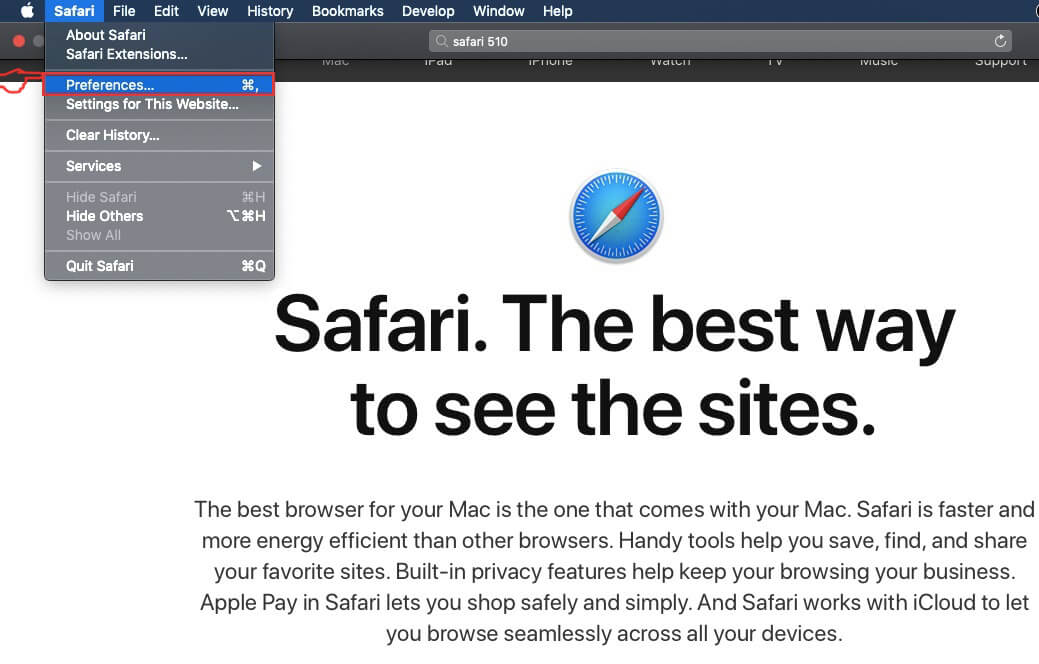

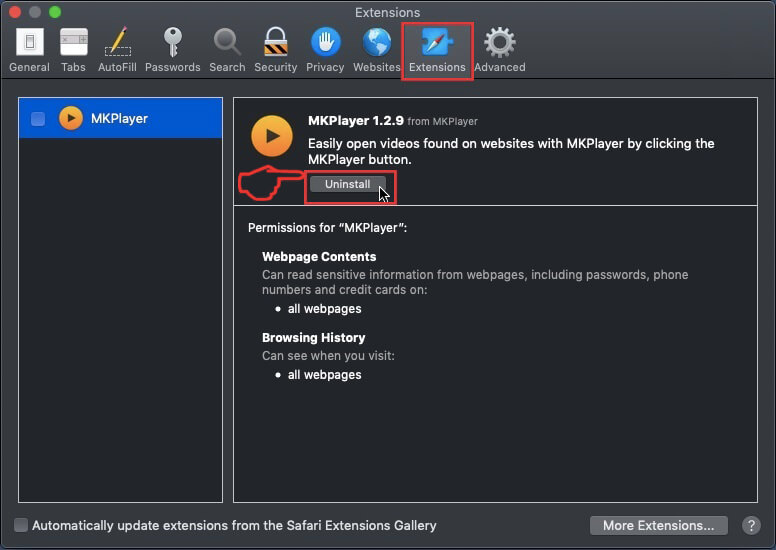
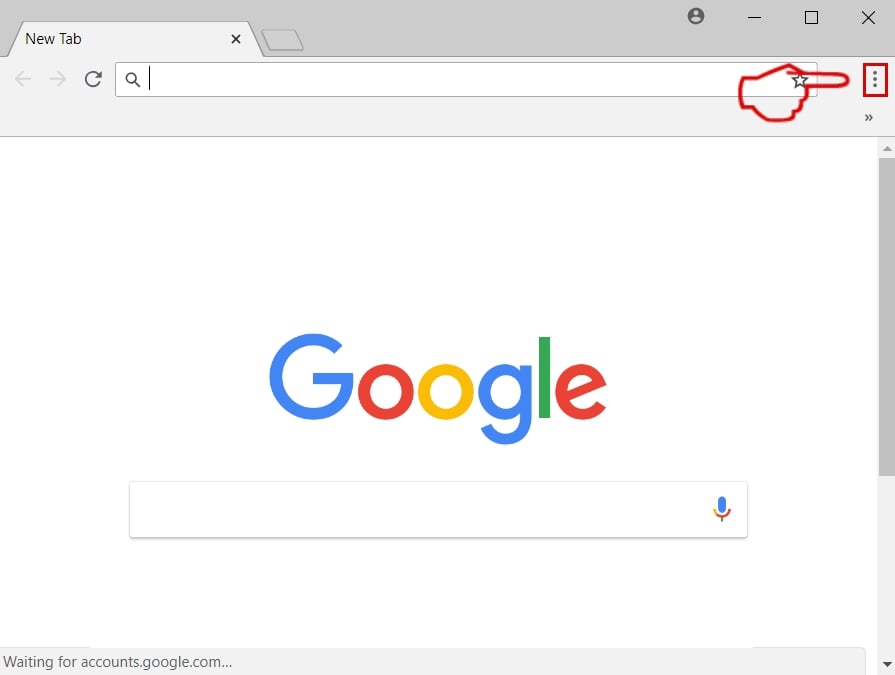
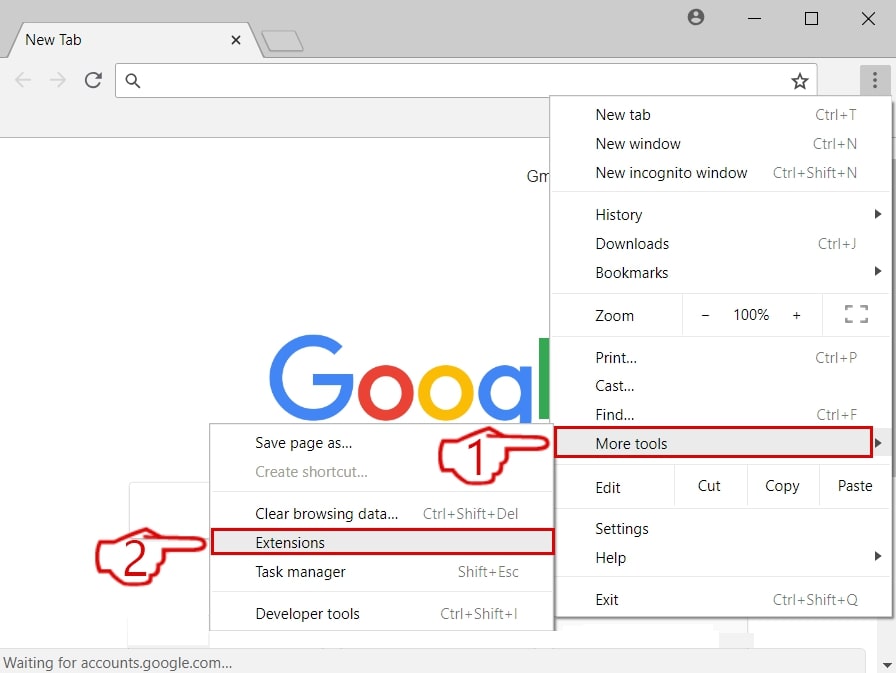
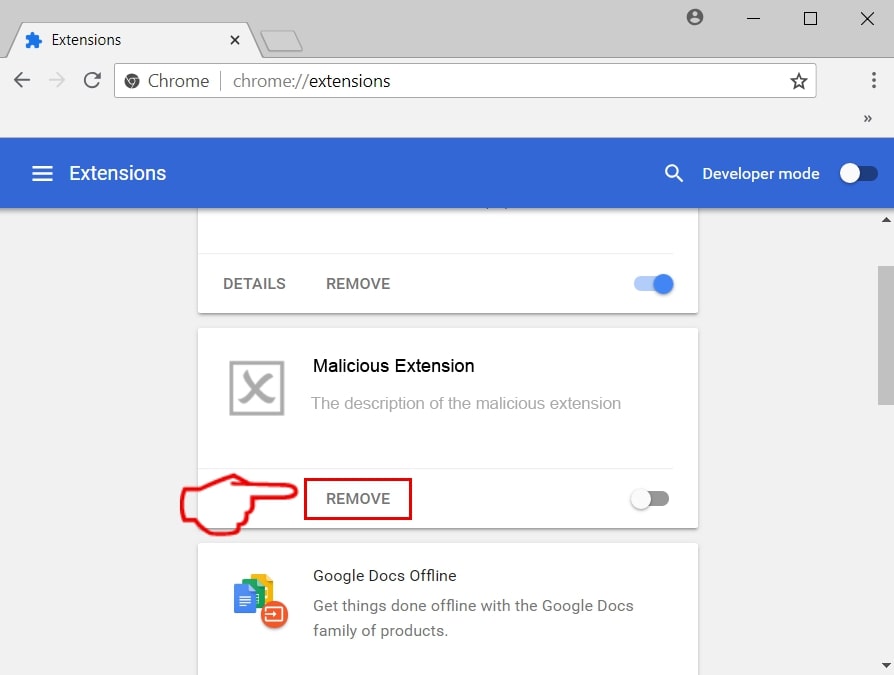
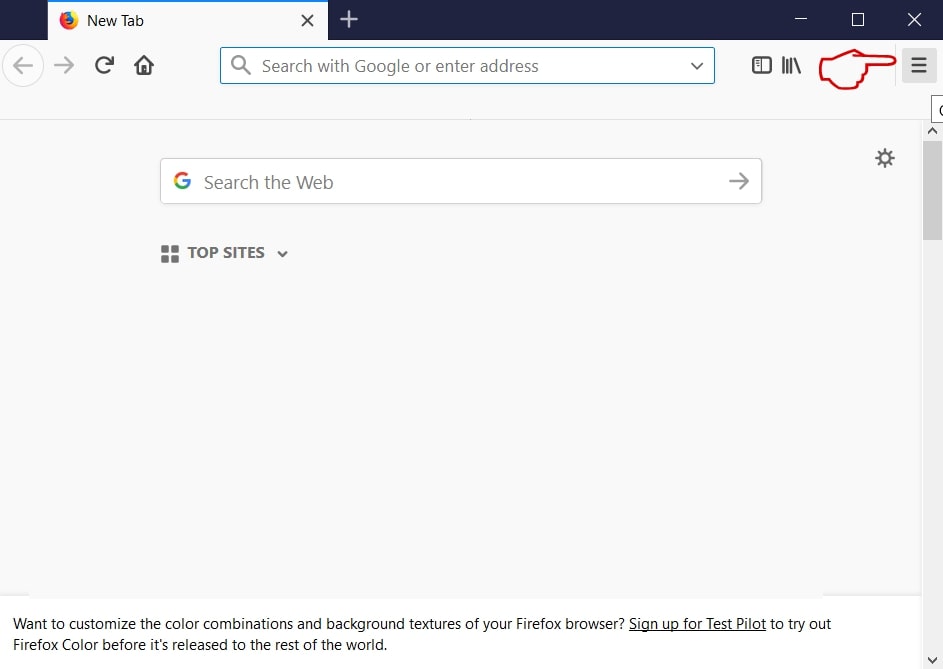
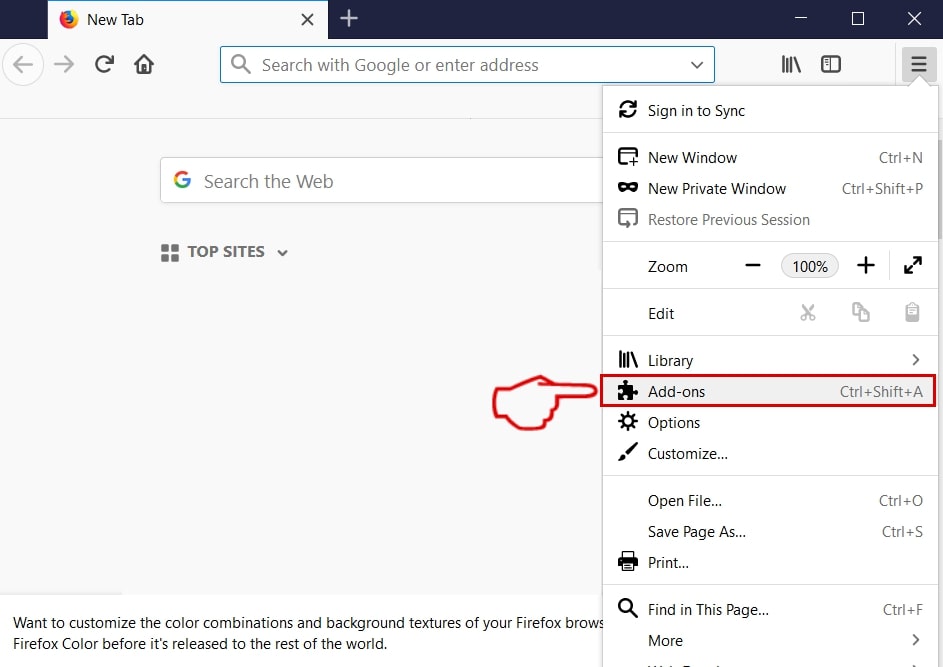
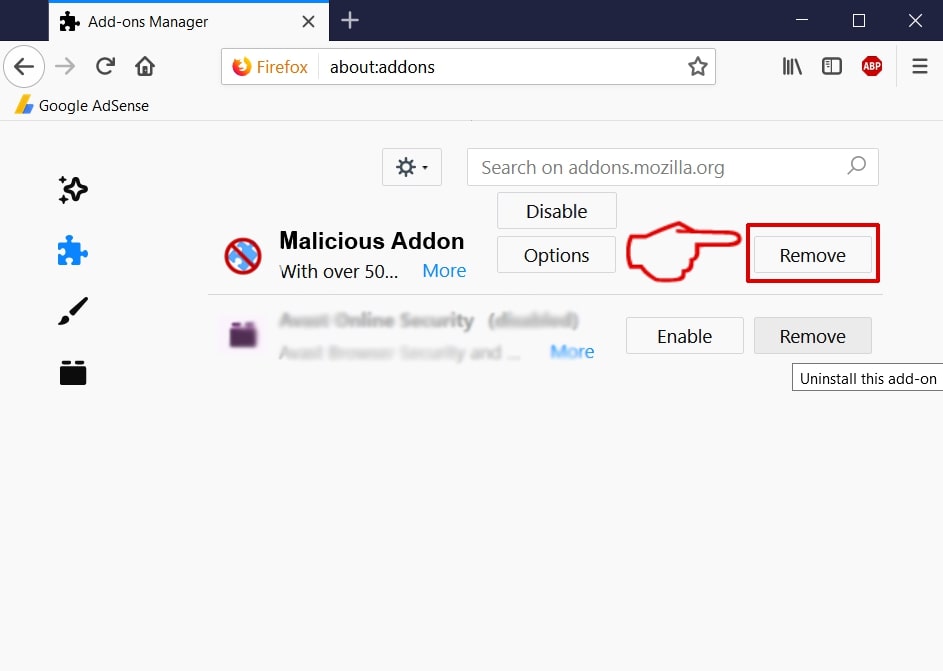
APPLE SECURITY BREACH-FAQ
What is APPLE SECURITY BREACH on your Mac?
The APPLE SECURITY BREACH threat is probably a potentially unwanted app. There is also a chance it could be related to Mac malware. If so, such apps tend to slow your Mac down significantly and display advertisements. They could also use cookies and other trackers to obtain browsing information from the installed web browsers on your Mac.
Can Macs Get Viruses?
Yes. As much as any other device, Apple computers do get malware. Apple devices may not be a frequent target by malware authors, but rest assured that almost all of the Apple devices can become infected with a threat.
What Types of Mac Threats Are There?
According to most malware researchers and cyber-security experts, the types of threats that can currently infect your Mac can be rogue antivirus programs, adware or hijackers (PUPs), Trojan horses, ransomware and crypto-miner malware.
What To Do If I Have a Mac Virus, Like APPLE SECURITY BREACH?
Do not panic! You can easily get rid of most Mac threats by firstly isolating them and then removing them. One recommended way to do that is by using a reputable malware removal software that can take care of the removal automatically for you.
There are many Mac anti-malware apps out there that you can choose from. SpyHunter for Mac is one of the reccomended Mac anti-malware apps, that can scan for free and detect any viruses. This saves time for manual removal that you would otherwise have to do.
How to Secure My Data from APPLE SECURITY BREACH?
With few simple actions. First and foremost, it is imperative that you follow these steps:
Step 1: Find a safe computer and connect it to another network, not the one that your Mac was infected in.
Step 2: Change all of your passwords, starting from your e-mail passwords.
Step 3: Enable two-factor authentication for protection of your important accounts.
Step 4: Call your bank to change your credit card details (secret code, etc.) if you have saved your credit card for online shopping or have done online activiites with your card.
Step 5: Make sure to call your ISP (Internet provider or carrier) and ask them to change your IP address.
Step 6: Change your Wi-Fi password.
Step 7: (Optional): Make sure to scan all of the devices connected to your network for viruses and repeat these steps for them if they are affected.
Step 8: Install anti-malware software with real-time protection on every device you have.
Step 9: Try not to download software from sites you know nothing about and stay away from low-reputation websites in general.
If you follow these reccomendations, your network and Apple devices will become significantly more safe against any threats or information invasive software and be virus free and protected in the future too.
More tips you can find on our MacOS Virus section, where you can also ask any questions and comment about your Mac problems.
About the APPLE SECURITY BREACH Research
The content we publish on SensorsTechForum.com, this APPLE SECURITY BREACH how-to removal guide included, is the outcome of extensive research, hard work and our team’s devotion to help you remove the specific macOS issue.
How did we conduct the research on APPLE SECURITY BREACH?
Please note that our research is based on an independent investigation. We are in contact with independent security researchers, thanks to which we receive daily updates on the latest malware definitions, including the various types of Mac threats, especially adware and potentially unwanted apps (PUAs).
Furthermore, the research behind the APPLE SECURITY BREACH threat is backed with VirusTotal.
To better understand the threat posed by Mac malware, please refer to the following articles which provide knowledgeable details.


